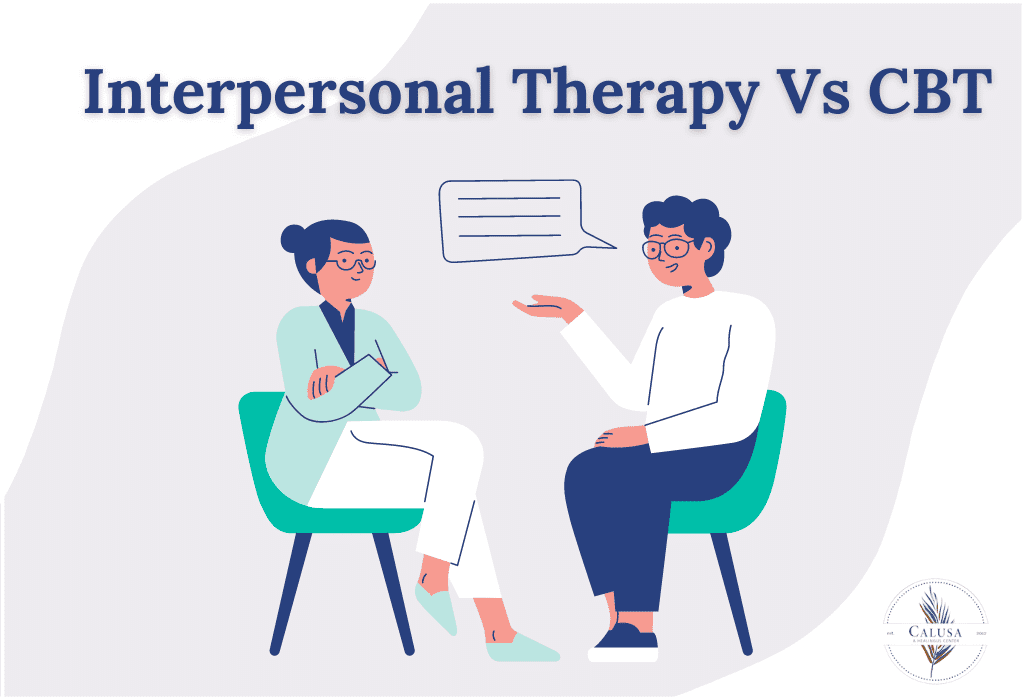Insomnia can be a frustrating and debilitating condition. Meditation, a practice that involves training the mind to focus and relax, can be a helpful tool for improving sleep quality. Here are some effective meditation techniques for sleep:
Mindfulness Meditation
- Focus on the present moment: Mindfulness meditation involves paying attention to your thoughts, feelings, and sensations without judgment. By focusing on the present moment, you can reduce rumination and worry, which often contribute to insomnia.
- Body scan: A body scan meditation involves systematically focusing on different parts of your body, noticing any sensations or tension. This technique can help you become more aware of your physical state and promote relaxation.
Guided Imagery
- Visualize relaxation: Guided imagery involves creating mental images of yourself in a peaceful and relaxing setting. This technique can help reduce anxiety and promote feelings of calm, making it easier to fall asleep.
- Use positive affirmations: Combine guided imagery with positive affirmations to reinforce healing thoughts and beliefs.
Breathing Exercises
- Deep breathing: Deep, slow breathing can help calm your nervous system and reduce stress, making it easier to fall asleep. Try focusing on your breath, inhaling deeply and exhaling slowly.
- Diaphragmatic breathing: Place a hand on your stomach and feel it rise and fall as you breathe. This technique can help you take deeper breaths and relax your body.
Mantra Meditation
- Repeat a word or phrase: A mantra is a word or phrase that you repeat silently or aloud during meditation. This can help calm the mind and reduce anxiety, making it easier to fall asleep.
- Popular mantras: Some popular mantras for sleep include “Peace be with you” or “I am calm and relaxed.”
Tips for Effective Meditation for Insomnia
- Create a relaxing sleep environment: Make sure your bedroom is dark, quiet, and cool.
- Establish a consistent sleep schedule: Try to go to bed and wake up at the same time each day.
- Avoid stimulants before bed: Limit caffeine and alcohol intake, especially in the evening.
- Avoid screens before bed: The blue light emitted by electronic devices can interfere with sleep.
- Be patient: It may take time to see results, so don’t get discouraged if you don’t fall asleep immediately.
By incorporating these meditation techniques into your bedtime routine, you can improve your sleep quality and alleviate insomnia symptoms. Remember, consistency is key, so try to practice meditation regularly.




